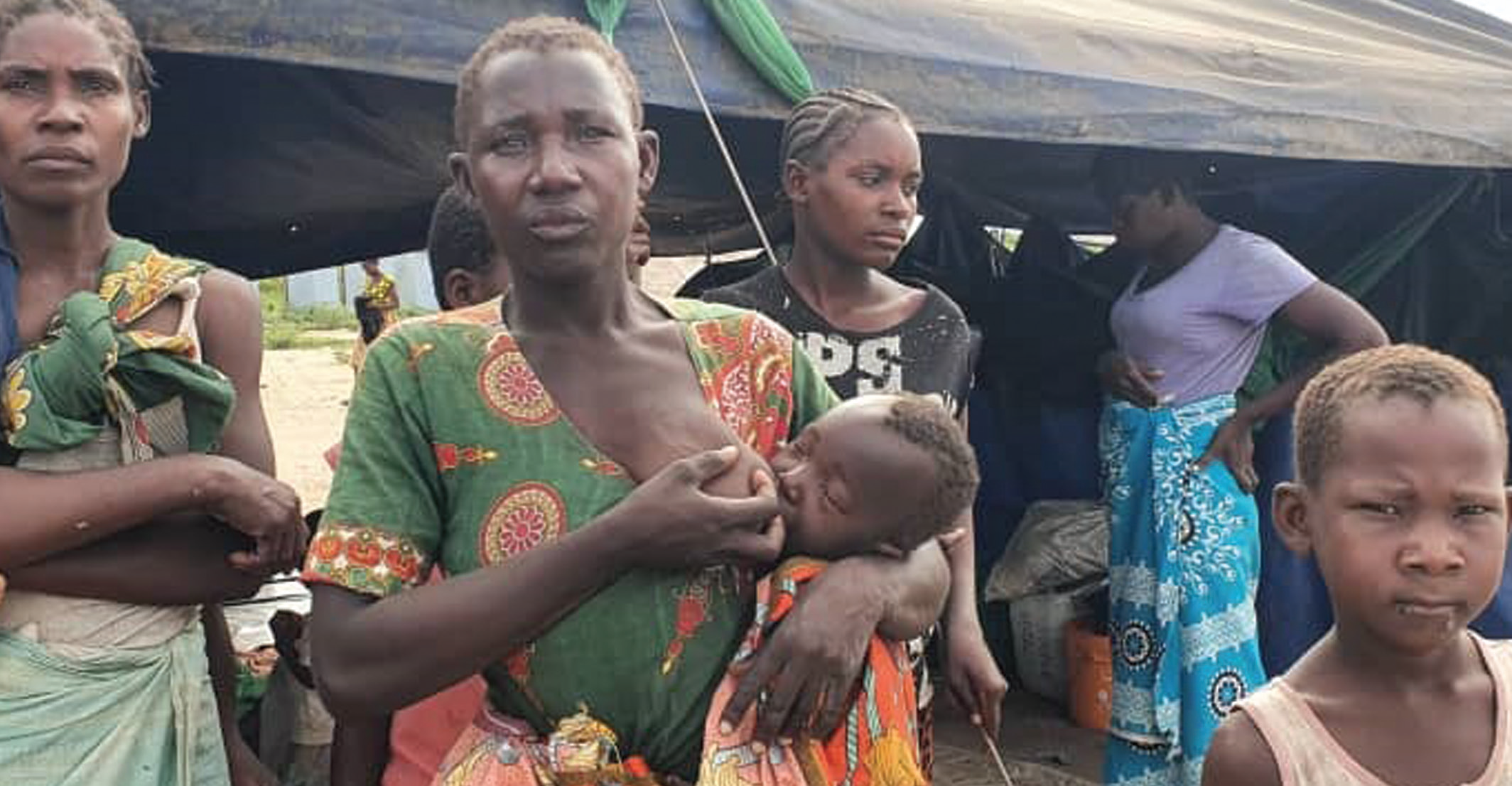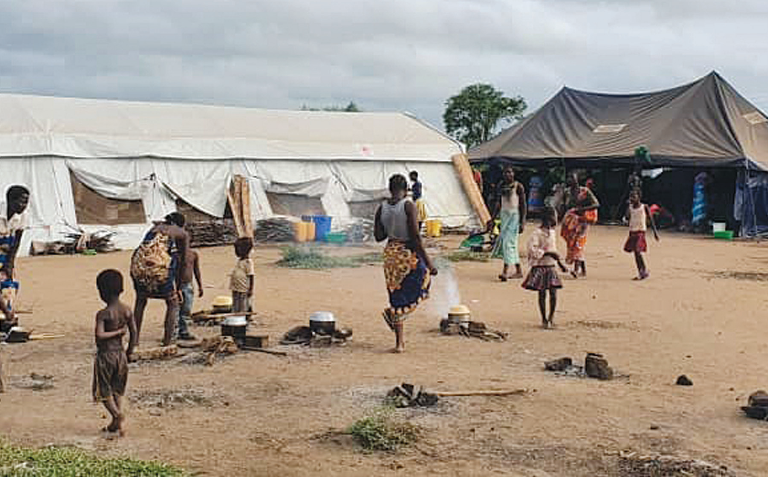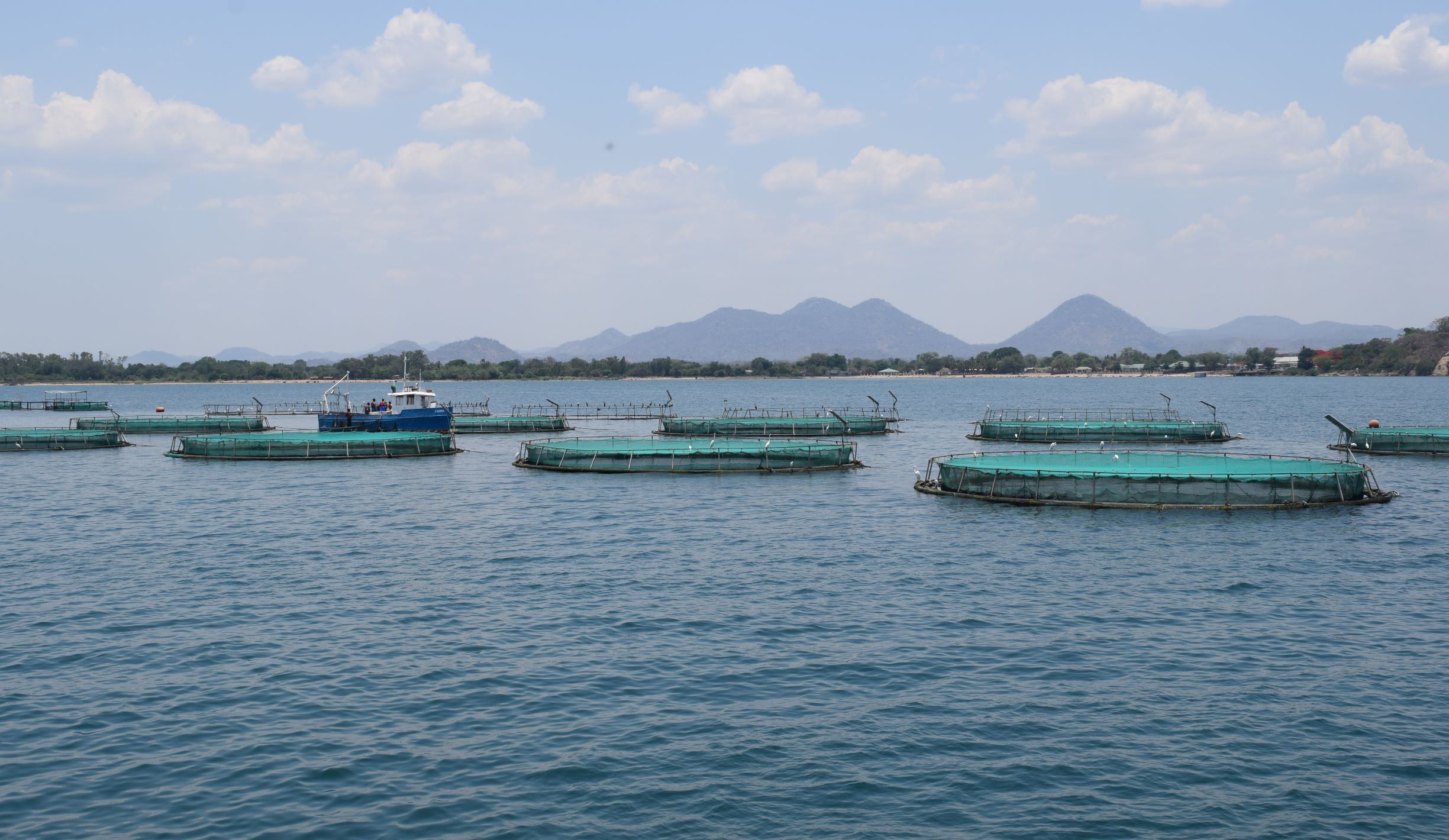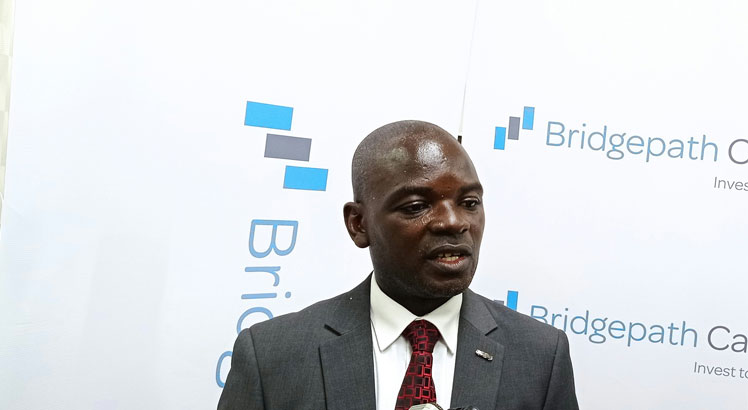Flood survivors rue Illovo Sugar for frequent floods
Sugar is sweet, but it leaves a bitter aftertaste in Matsukambiya and other villagers at its source down the Shire Valley.
Fingers of the frequently displaced villagers on the edge of Nchalo Sugar Estate in Chikwawa point at the country’s largest cane fields for repeated devastating floods.

“We never used to experience flooding until 1995 when Illovo Sugar Malawi extended its estate to Alumenda near our village,” says Abraham Kambewa, chairperson of the village civil protection committee.
The father of four is among 1 502 people displaced from Matsukambiya and Levi villages by two episodes of flooding in January.
They have taken shelter in roadside tents near Nchalo Estate. Some arrived at the congested camp 10 days before Cyclone Ana struck on January 25.

Counting the remains
Kambewa gave flashbacks of the two floods, saying the less storied rainstorm destroyed 38 of 461 houses in his village while the recent tropical storm left his committee and humanitarian workers “counting the few houses that survived, not many that had crashed to the ground.”
“Floods have become common since the opening of the estate. Every time it rains for hours, Mkombezi River breaks its banks, flooding our village as it diverts to an earth road Illovo constructed to improve access to Alumenda,” he explains.
Following the devastation caused by Cyclone Idai in March 2019, the sugar company constructed a temporary dyke to safeguard the village of almost 400 homesteads. However, the clay ridge dissolved like chocolate when Cyclone Ana triggered flooding across the Shire Valley, leaving Chikwawa as the worst-hit district.
A cracked crust now adorns the flood-battered village as sunlight returns to the vast valley split by the Shire River and its tributaries.
Children bear the brunt
In its midst, visitors are gripped by sights of shattered homes and roads, tales of washed away crops and livestock as well as cries of both children and adults who lost everything except the clothes they are wearing.
“I haven’t gone to school for two weeks because I lost everything, including my books and uniform, to flooding,” says Esnart Elias, 16.
The girl is in Standard Eight at Sekeni Primary School in the vicinity. Teaching and learning at the flood-prone institution stopped for a week at the public school, where some 170 displaced families lodge at night, as it was cut off by floods.
“The floods affect my dream to become a teacher because learning stops due to flooding every year or two,” says Esnart as his father built a minute hut on the rubble of their three-bedroom house.
The people returning to the worst hit village expect rebuilding will be long and costly for the poor made poorer by frequent floods.
Some have vowed never to “build in vain again”, but to shift upland.
They have since written to the government to facilitate their relocation from the disaster zone to a higher ground. They are also petitioning hard for resettlement and compensation payouts from Illovo, which they blame for persistent disasters.
“The village has been hit by four floods since 2015, pushing villagers to congested camps without basics and the cost of rebuilding is rising beyond our reach. It’s time to move,” says GVH Matsukambiya.
‘Illovo disagrees’
Weekend Nation asked Illovo for its take on the allegations and suffering of Malawians surrounding its irrigation cane fields, particularly Matsukambiya.
Its spokesperson Olivia Kawelama said the firm notes with regret that following two consecutive floods in January there is speculation that the extension of its sugarcane fields to Alumenda in 1995 has caused flooding of Matsukambiya.
“Illovo disagrees with this speculation and wishes to put it on the record that there have been many moving parts that contributed to the current situation and this has happened over time,” she wrote back.
However, the listed subsidiary of the six-nation Illovo Sugar Africa Proprietary, which is wholly owned by Associated British Foods in the UK, said it would however continue to work with its neighbours and stakeholders to find solutions to the challenge.
The multinational accused of prioritising its sugar business over its neighbours chiefly blamed climate change and the narrowing of Mkombezi River due to environmental degradation.
Kawerama said it is worth noting that Cyclone Ana brought “more widespread higher levels of flooding” than previous episodes in the Shire Valley.
“We cannot comment on this issue [demands for resettlement and compensation] as this is within the government’s domain. Therefore, we are not aware of the process nor the criteria the government uses to justify either resettlement or compensation,” she explained.
However, Chikwawa district commissioner Ali Phiri says discussions with the sugar firm are almost over to resolve the matter.
He states: “Matsukambiya is located in a low-lying area where these people shouldn’t have settled in the first place.
“We have been discussing this issue for a while and Illovo has promised to relocate the concerned villagers to a safer place identified near its estates and build stronger dykes where necessary. We hope this is a win-win conclusion, whether the company is to blame or not.”
Commissioner of Department of Disaster Management Affairs Charles Kalemba said his office has heard the simmering conflict from affected communities around the sugar estate.
“The issue you are talking about has been brought to our attention, but we are still examining it. We will announce our position at an appropriate time,” he said.
To make the lives of the displaced community better, Illovo donated a tent where women sleep.
Shortly after the tragedy, the sugar company swiftly installed light bulbs and water tap stands at Nchalo Evacuation Camp, but the facilities soon stopped working.
Now trucks ferry water from the sugar estate to the displaced community, where scrambles erupt in the absence of a clear delivery schedule.
The displaced commend the sugar multinational for shielding them from the risk of waterborne and sanitation-related disease outbreaks.
However, they want a break and lasting solutions from the impoverishing floods which force them to flee to the camp in quick succession amid climate change.
The devastating floods have worsened a silent spat which dates to the early 1990s when Illovo expelled them from a land now covered in lush sugarcane plantations.
“Then Illovo told us that we had encroached its land and they dug massive beacons to prove their claims. We shifted to the southern side of the village, which now receives floods everytime the nearest river floods.”
The people bury their dead kinspeople in a waterlogged graveyard in the middle of the extended cane fields, where “some graves ooze water”.
Kambewa laments: “We have met Illovo management for over six times, but floods have become frequent. We suffer flooding while living and get buried in flooded graves if we die in the rainy season.
“If our colleagues at Illovo cannot construct a permanent dyke, they should just give us payouts so we can buy safer land.”
1. Is Illovo to blame?
- One of the most significant causes of these recurring flooding events is climate change, which is causing more extreme weather events.
- Upstream catchment deforestation and farming too close to rivers cause more and more soil erosion which fills and blocks the river beds with soil.
- Population is also growing and many people are building and farming in flood-prone areas.
- Clearly, there is little understanding of the causes of the flooding unfortunately being attributed to Illovo.
- Low understanding of what role communities can play to avoid further devastation, therefore, both the Government and Illovo have a role to play to educate the population.
2. Lessen neighbours’ plight
- The repairing of the Matsukambiya dyke is on the list of rehabilitation works in the near future.
- Reacted quickly to support the surrounding communities seriously impacted
- Provided tents and potable water to flood victims.
- Electrified a maize mill where communities grind grain for daily meals.
- Continue to supply drinking water to the estate villages and Nchalo trading centre.
- Temporarily repaired Nchalo-Bereu Road between Nchalo and Chikwawa Boma.
- Worked closely with the government to repair the Nchalo- Chikwawa Road and also helped Escom restore power lines.





